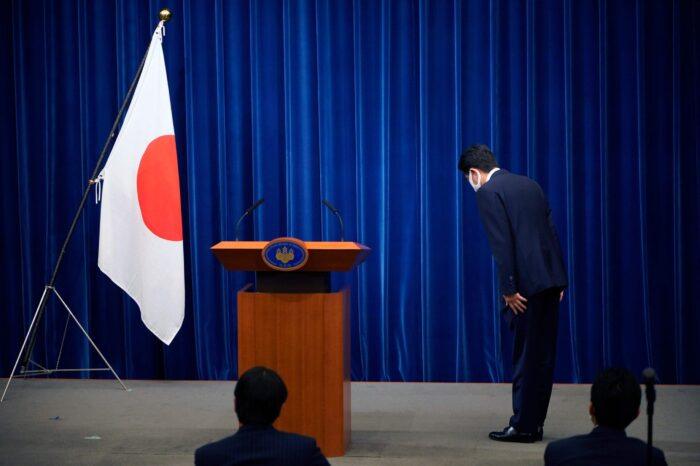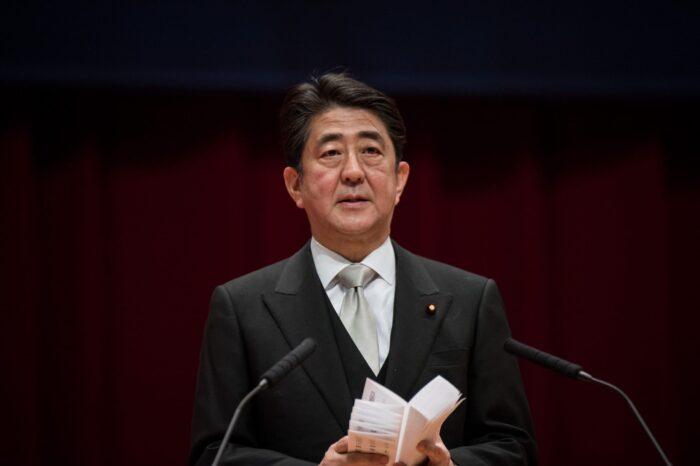Can Japan Have A New Foreign Policy?
If Japanese foreign policymakers want to have an autonomous foreign policy, they need to find innovative ways to lower the impact of these limitations and respond to the potential skepticism that may arise in public opinion in regards to the goals and missions of this foreign policy.
It is difficult to figure out if there is a direction towards a new and more autonomous Japanese foreign policy by talking with experts or reading analyses of the current state of Japanese foreign relations. Despite its economic prowess and high amount of developmental aid abroad, in terms of diplomacy and foreign policy Japan does not have much visibility in the international arena. Although its brands and products are globalized, its society seems still less willing to engage in the global political arena. Even the bid for the 2020 Olympics did not seem to bring much excitement and enthusiasm for international engagement. Maybe avoiding these forms of global engagements are considered as a way to avoid global threats, which proved to be problematic after the beheading of Japanese hostages by the Islamic State of Iraq and al-Sham (ISIS). It is obvious that the Abe administration has brought a new pro-activity and dynamism to Japan’s foreign policy with its increasing number of foreign visits and its attempts to establish relations with new countries around the world. However, there are two significant limitations that Japanese foreign policymakers encounter and both of these constraints shape Japan’s foreign relations with countries both in the region as well as other parts of the world. These two limitations are also hurting the soft power of the Japanese government in different parts of the world.
The first limitation is the dependence of Japan on the U.S. in terms of national security. The threat perception of the Japanese security establishment for many years has been directed to a potential threat from its west, most significantly from China. With regard to the dispute in recent years between the two countries over the Senkaku Islands, Japan seemed to be more threatened by the assertive Chinese discourse and disturbing Chinese military build up in the region. The constant confrontation of coast guards and fishermen on the shores of these islands, together with other issues in regards to World War II, including the visit to the Yasukuni Shrine by Japanese politicians, the textbook crises and increasing degree of anti-Japanese nationalism in China have deteriorated relations between the two countries. Despite a high volume of trade and economic interaction, the current problems demonstrate a rocky road for the stabilization of political relations between the two countries. This situation is becoming more complicated with Japanese dependence on the U.S. for security. In each and every debate on the issue of China, in Japan there is constant emphasis on the role of the U.S. With declining U.S. power and increasing skepticism in Japan about U.S. commitment to the security of Japan, the debates concerning Senkaku Island have transformed into a debate on Japanese -U.S. relations. This situation is also bringing a total diplomatic dependence on the U.S. in regards to Japanese relations with its neighbors. In the last significant crises between Japan and China, it was Joe Biden that made a quick visit to the capitals of the two countries to mediate the problem. Again it was President Barack Obama who brought the leaders of Japan and South Korea together to launch a diplomatic initiative. The Japanese government needs a strategy that recognizes this limitation, but that also entails some game-changing diplomatic actions in order to have some diplomatic and political autonomy and entrepreneurship in the region.
The second limitation is of course the full dependence of Japan on foreign oil and natural gas for energy. Especially after the accident in Fukushima and the closing of Japanese nuclear reactors, the extent of this dependence also increased dramatically. This dependence impacts Japanese relations with Middle Eastern countries to a great extent. Most of the diplomacy of Japan towards the region is perceived as diplomacy for oil. Despite its high developmental assistance to the MENA region, both the accident in Fukushima and increasing “diplomacy for oil” prevent Japan from contributing more meaningfully to the peace, prosperity and stability in the Middle East. This one-dimensional foreign policy towards the Middle East only helps the improvement of relations between oil and natural gas companies. In the long term, possible changes and instabilities in oil rich countries can put Japan off side if Japan continues to avoid forming any meaningful ties with the societies and polities of these countries.
Under current circumstances, if Japanese foreign policymakers want to have an autonomous foreign policy, they need to find innovative ways to lower the impact of these limitations and respond to the potential skepticism that may arise in public opinion in regards to the goals and missions of this foreign policy. In the absence of this, the current dependence and one-dimensional relations with countries based on economic relations can put Japan in a difficult situation as a result of changes in the international system.
This article was originally published in the Daily Sabah on March 20, 2015.























